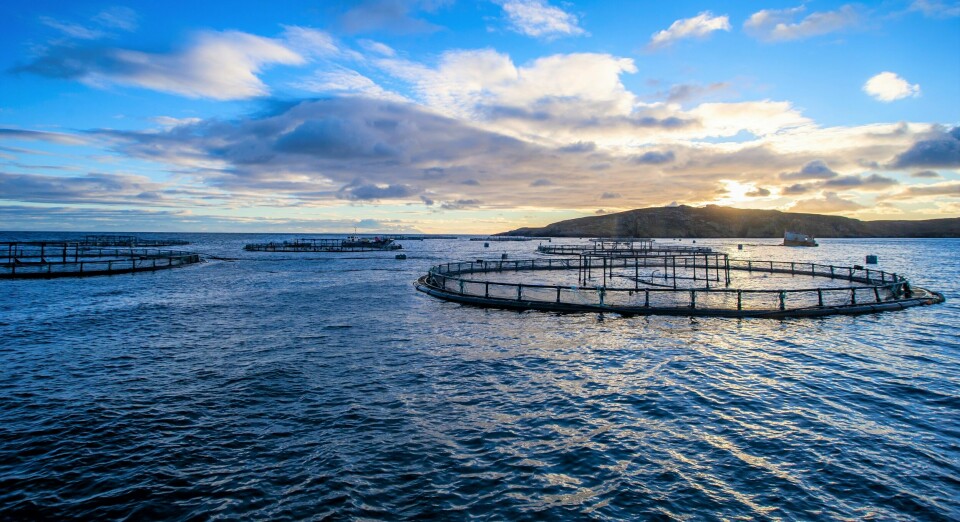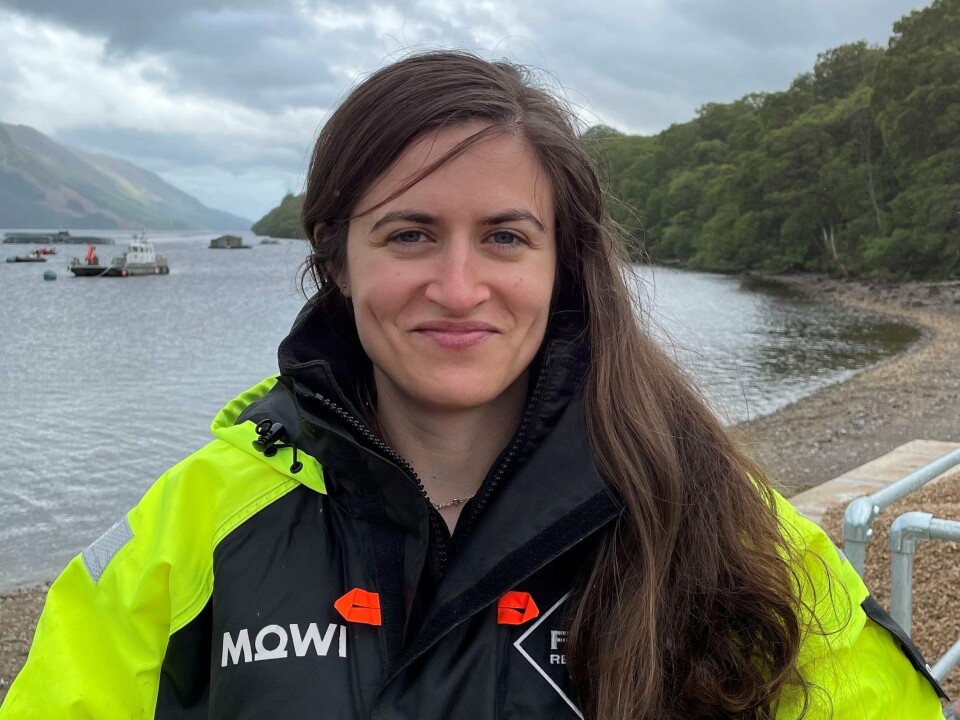
Increased site rents 'should pay for rural housing'
Scotland’s salmon farmers have called for £10 million a year that the industry will soon be paying in increased site rents to be ringfenced to provide affordable housing in rural areas where farms operate.
Analysis by trade body Salmon Scotland shows that average home prices in areas where salmon farms operate have risen more sharply than the national average, while the average time it takes for local councils to provide housing assistance has soared.
The lack of available, affordable housing is affecting the ability of people to live and work in Highland and Island communities, says Salmon Scotland, and is preventing key vacancies from being filled and acting as a drag on the local economies.
Rural communities
At present, salmon farming contributes more than £5 million directly to Scottish Government rent-collector Crown Estate Scotland (CES), with this fee set to nearly double.
Overall, CES revenues are expected to increase from £26m in 2021-22 to £102m in 2022-23 due to ScotWind offshore licensing fees.
Net CES revenues are currently handed to the Scottish Government and redistributed across the country, but Salmon Scotland believes that aquaculture contributions should be ringfenced to support coastal communities.
It is calling for government reform to ensure that around £10m is reinvested in rural communities, with a particular focus on housing.
Re-invest rents locally
Salmon Scotland chief executive Tavish Scott said: “The farm-raised Scottish salmon sector creates jobs and wealth right across Scotland, but we believe our neighbours – the people who live closest to our salmon farms – should be the ones who benefit the most.
“Rather than this money going into a central pot in Edinburgh, seabed rents paid to the Crown Estate should be returned to benefit our coastal communities.
“The most pressing crisis facing our Highland and Island communities is the complete lack of access to available, affordable housing.
“So, we’re calling for the money raised through salmon farm rents to be re-invested in local communities to address the biggest issue affecting our coastal communities – access to affordable housing.
“Salmon farmers are embedded in their local communities and want the economic benefit generated by Scotland’s biggest food export to be shared in the local communities where they operate.”
The Norwegian way
Salmon Scotland’s proposal is similar to what happens in Norway, the world’s biggest producer of farmed salmon. There, a significant proportion of the money the government makes from selling new farming licences is given to the municipalities where the farms are situated.
A Scottish Government-commissioned review of the aquaculture sector by regulatory expert Professor Russel Griggs also recommended bundling existing fees into a single licensing payment which would give more money to fish farming communities.
An example of the problems the shortage of affordable housing causes was provided by Noemi Lorenzo-Vidaña, who started work as a seawater health manager and veterinarian at Mowi Scotland earlier this year.
She and her partner have searched for months for affordable and reasonable accommodation near Fort William, without success, and she is currently having to commute from Aberdeen on a weekly basis.

Stressful search
Lorenzo-Vidaña said: “When I started my new job in aquaculture I was very excited about the new challenge it presented and especially because the Highlands and Islands is such a wonderful area.
“However, the biggest challenge, and most stressful, has been finding accommodation.
“The search has been very discouraging because it is affecting me not only on a personal level, but also on a professional level.
“It’s difficult to be able to put all my energy into work when my situation is so unclear. I really hope I can live and contribute to the local community very soon.”
Keeping communities alive
Scott said: “In many places, salmon farms are keeping the local community and local businesses alive.
“There are a huge number of professional and high-skilled roles in aquaculture, and we need more people to join us in looking after our world-leading salmon.
“But our continued success will rest on ensuring professionals like Noemi are able to live and work in the areas where these vital jobs are found.”























































